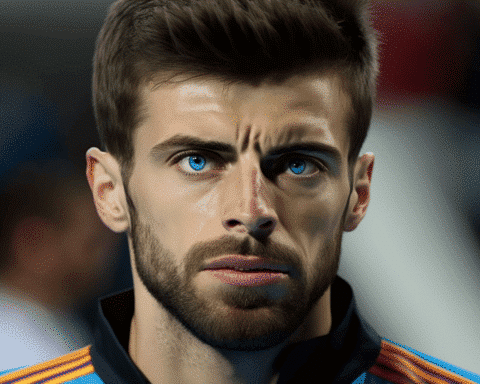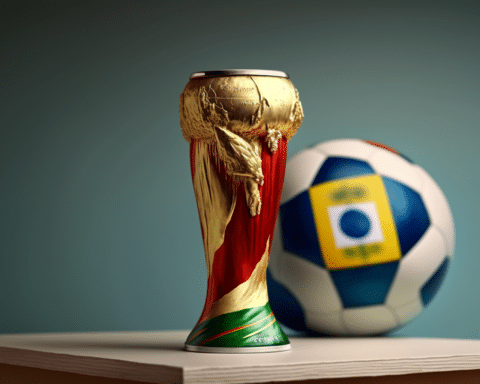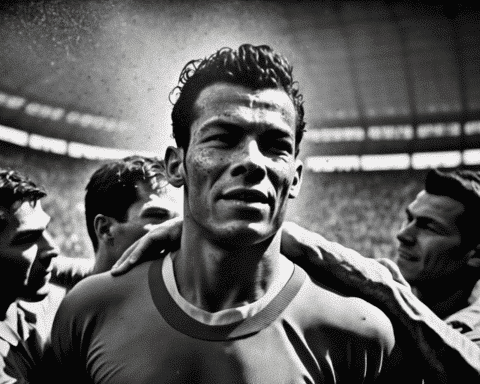The soccer world mourns the loss of Franz Beckenbauer, the legendary German player and coach who passed away at 78. Beckenbauer, fondly known as ‘Der Kaiser’ (The Emperor), was a pioneering force in soccer, renowned for his innovative play and leadership. He left an indelible mark on the sport at the club level with Bayern Munich and on the international stage with Germany.
Franz Beckenbauer’s contributions to soccer were revolutionary, particularly his development of the ‘sweeper’ role, which added glamour and strategic depth to the game. His achievements are numerous, including winning the World Cup as a player and a coach. Beckenbauer’s mastery was recognized with two Ballon d’Or awards in 1972 and 1976, a feat unprecedented for a defender.
His skills on the field were praised by contemporaries such as England’s Bobby Charlton, who remarked, “Franz was a marvellous distributor of the ball, a great tackler, he always had control of a situation, and he never panicked.” This high praise underscores Beckenbauer’s impact on the sport.
Beckenbauer’s club career was marked by success with Bayern Munich, where he won multiple Bundesliga titles and European Cups. His stint in the United States with the New York Cosmos further showcased his versatility and international appeal. However, his career wasn’t without controversy, including investigations into alleged corruption during his time with the DFB and FIFA.
Despite these challenges, Beckenbauer’s health issues in later years, including a neurodegenerative disease, did not diminish his legacy. His early life, marked by a surprising allegiance to Bayern’s rivals 1860 Munich and his eventual rise to Bayern stardom, is a testament to his dedication and skill.
Beckenbauer’s international career was equally impressive, with his leadership in the 1972 European Championships and the 1974 World Cup victory highlighting his prowess. His rivalry with England’s Bobby Charlton and Dutch legend Johan Cruyff added a personal and competitive dimension to his career.
Beckenbauer continued his success as a manager, leading West Germany to the World Cup final in 1986 and securing the title in 1990. His transition to management with clubs like Marseille and his return to Bayern Munich demonstrated his comprehensive understanding of the game.
Karl-Heinz Rummenigge, former CEO of FC Bayern and Beckenbauer’s teammate, expressed his deep shock at the news, acknowledging Beckenbauer’s monumental impact on German football.
Franz Beckenbauer’s death marks the end of an era in soccer history. His contributions as a player, coach, and football administrator redefined the sport. His innovative play, leadership, and dedication to soccer made him a revered figure in Germany and beyond. Beckenbauer’s legacy as one of the greatest players and football minds will continue to inspire future generations.




